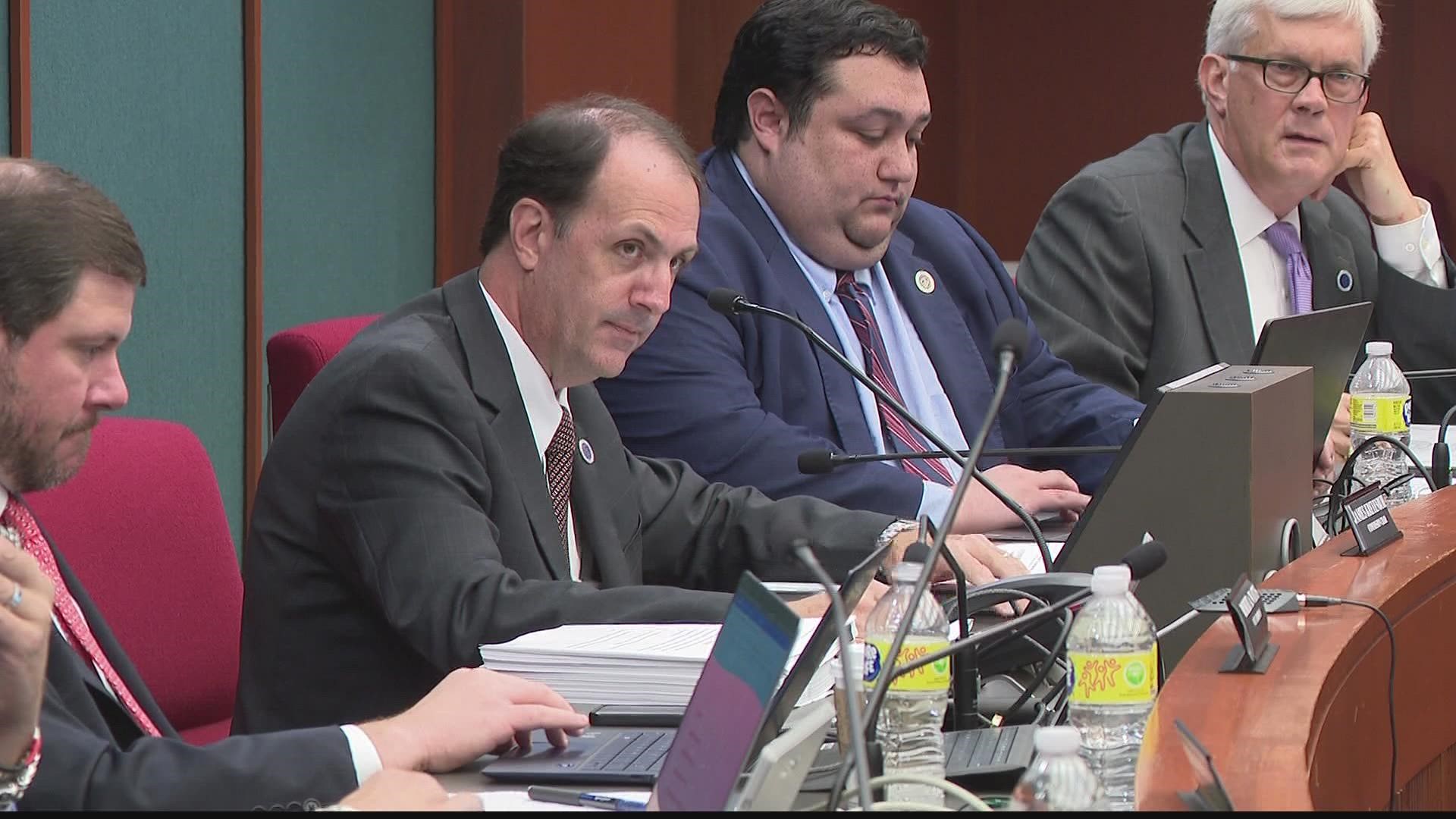ATLANTA — A Republican-controlled state commission voted Monday afternoon to advance an ethics case against a voting rights group founded by Stacey Abrams. The case goes back to her unsuccessful race for governor four years ago against Brian Kemp.
As a state representative, Democrat Stacey Abrams founded the New Georgia Project to advocate for better voter access. When she ran for governor in 2018, the New Georgia Project remained technically as a nonpartisan nonprofit advocate for voting rights.
But an ethics commission lawyer said the New Georgia Project paid for flyers and workers urging voters to support Abrams in 2018 – which critics claim, turned the nonprofit into a campaign organization, triggering state requirements to register to publicly disclose its donors. The New Georgia Project never did that.
"If they are making expenditures to vote for, vote against – then they are subject to registration. They are subject to registration and reporting," said Jim Cusack, an ethics commission attorney.
An attorney for the New Georgia Project said an independent political action committee hired the NGP Action Fund as a vendor and broke no laws.
Of the pro-Abrams flyers produced with the NGPAF logo, New Georgia Project chairman Francys Johnson told reporters, "I tell you what. You sort through text messages and emails and every flyer for an organization that is doing as much as we’re doing, and you're bound to find something that is amiss."
The ethics commission's Republican appointees voted unanimously to advance the investigation.
"Totally unsurprised," Johnson said. "This is not the first time that Brian Kemp has used the mechanisms of state government to penalize organizations like the New Georgia Project and our action fund."
Kemp is not a member of the ethics commission, but appointed its chairman and the administrator who brought the allegation.
As secretary of state in 2018, Kemp launched an investigation into Democrats days before the November election, alleging they had hacked a voting database. The probe was dropped after Kemp was elected.
"I understand how that optic may come across," said the commission executive secretary David Emani. "The fact is we tried to subpoena these records as part of our investigation over two and a half years ago. We’ve really got no sympathy for anybody whining after they’ve spent two years trying to hide evidence from the commission."

